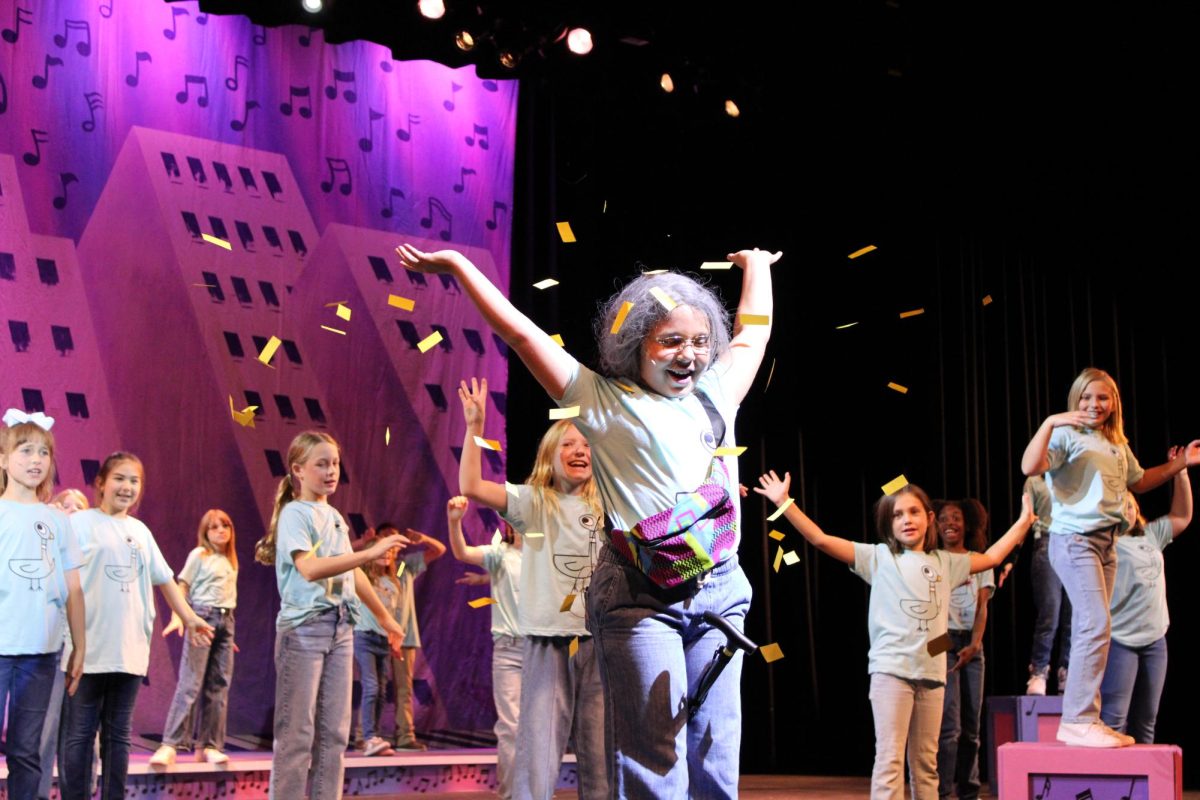Oxford Languages defines slang as a group of words and phrases that tend to have more meaning than the original word they stem from; however, slang can be confusing. Due to its rapid evolution, many people find it too difficult or time-consuming to try and keep up with slang. Slang tends to come from pop culture and relevant media like television or music, and with the rise of smart devices and social media, slang continues to be evermore challenging to understand.
There is slang for friends or family. Words like fam, the abbreviation for family, or bro, the abbreviation for brother, are words you would use when referring to someone close to you. Junior Jessica Vandeburg has been using this slang for a while now.
“Fam is a word I’d say I use a lot, I’ve just always used it with my close friends so it’s just kind of second nature,“ Vandeburg said.
According to Dictionary.com both words have been around for a long time and have been used in the late 20th century. They have strong roots in hip-hop and African communities and have become popular with many different cultures and communities with them becoming symbols of familiarity in many parts of the world.
A lot of slang is just words that have been abbreviated like fam or bro. Rizz is a fairly recent addition to students’ vocabulary only appearing a few years ago. It’s short for charisma and means roughly the same thing; it refers to one’s ability to charm people, though some people use it in a sarcastic way, some students, like sophomore Jace Mitchel use it to describe themselves.
“I guess I would use rizz to describe myself,” Mitchel said.
Another group of slang is acronyms. There are so many different acronyms that people use in their day-to-day lives that it starts to get tricky. Even people who often use them will sometimes have to look up the meaning of them.
Though it may seem difficult and frightening, most slang that consists of acronyms only exists in online communities. Most slang acronyms are just to shorten texts. Many of them are simple phrases that are used very commonly by adolescents. Popular slang acronyms like ‘lol’ standing for laughing out loud are used when something funny is presented.
Many students at CHS use slang with friends or family but many agree that it should only be used with friends and family. Many students say slang should only be used in informal settings but not with a teacher or a member of school faculty. One of these people, junior Max Stone, believed slang should be left out of school.
“Only if you’re talking with your friends or online, but in a professional setting no,” Stone said.
Many students ,however, still think slang is important, junior Ja’Liyah Hodges believes that slang is imperative for modern conversations.
“I believe it’s important to have slang words because that’s a better way to communicate between you and your friends,” Hodges said.
Slang helps students connect with each other, expressing how they feel with words that most people know. Sophomore David Rocha feels that without slang, conversations tend to become more wordy.
“I think it’s a better way to express yourself and feelings more effectively,“ Rocha said.
However, some students think that slang is a detriment to the student population, sophomore Jordan Main thinks that slang can interfere with learning.
“I think it’s best not to use slang words because it shows low vocabulary,” Main said. “And you probably don’t know the meaning of the actual words you’re using, just the slang.”
Many people call most common day slang brain rot because of the saying ‘too much TV will rot your brain’. Many people consider slang a problem that’s harming students. Sophomore Beaumont Southwood claims that slang makes students have a worse understanding of the English language.
“It worsens a language,” Southwood said.




